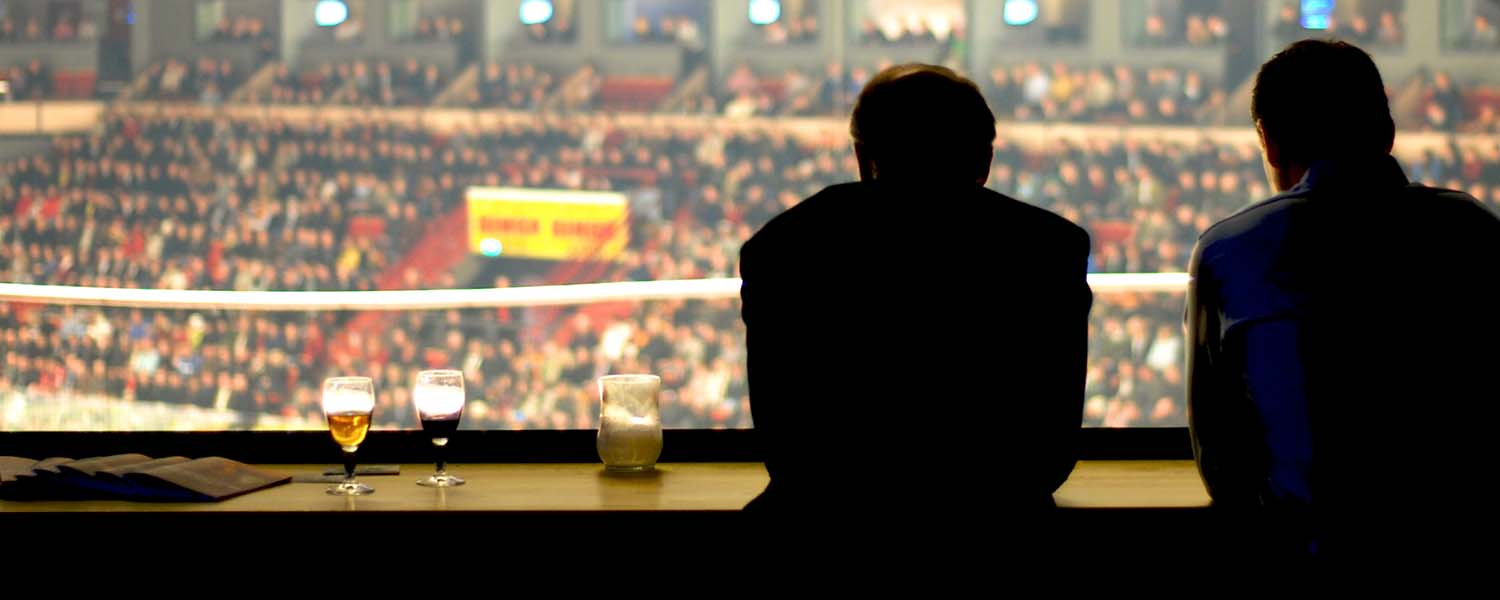Recently, Kylian Mbappé – the world’s highest-paid soccer player – refused to be involved in marketing photos with KFC. While the French Football Federation’s official partner KFC was unimpressed by this action, they backflipped on comments made by an executive who seemed to threaten legal action against the player.
Such player activism is not an isolated event – it is part of an emerging trend of athletes opposing unhealthy food, alcohol and gambling sponsorship of sport.
Just last year, Cristiano Ronaldo, one of the biggest names in soccer, removed two Coca-Cola bottles from view at a pre-match media conference for the European Championships. In a video that has now been seen a million times, Ronaldo removes the sugary drink bottles from the table in front of him and holds up a bottle of water, urging people to drink ‘agua’ – water in Spanish.
At the same tournament, French soccer player Paul Pogba removed a bottle of Heineken out of view when at a media conference, just one day after Ronaldo.
Back home in Australia, sporting victory is often strongly associated with alcohol, and alcohol sponsors have a dominating presence in sport.
At the end of the Australian Ashes series in Hobart earlier this year, Usman Khawaja, a player who had a significant role in the team’s victory, and who is a practicing Muslim, removed himself from the team celebration because of the presence of alcohol.
The team captain – Pat Cummins – noticed Khawaja’s absence and asked for the champagne to temporarily be put down so that Khawaja could join in the celebration.
So why does any of this matter?
It matters because sport is such an integral part of the lives of people across the world.
Companies know the influence of these sporting personalities and pay significant money in sponsorship deals, expecting them to promote messages that cause harm to our health and wellbeing.
To kids who watch and play sport, the actions of these professionals are noticed.
As a child, Khawaja says he noticed the link between alcoholic products and sports in Australia. He shared how this connection between alcohol and sports made him feel.
“I struggled as a young kid to support Australia because I just didn’t see any connection between myself and the Australian cricket team… I felt like they were totally different, white-dominated, the VB-drinking larrikins that I really struggled with in Western Sydney for a long time.”
There are millions of kids across Australia who want to be part of the country’s sporting community.
Sports can make decisions that make kids feel included or excluded. When sports align themselves with gambling, alcohol and unhealthy food marketing, they are consciously deciding to prioritise profits ahead of inclusion.
What we’re seeing with these recent actions by players is that if sports don’t make the decision to remove their partnerships with unhealthy companies, players will. These actions by players send a powerful message to the millions of families and communities who are watching – a message that their health and wellbeing is far more important than the profits of these unhealthy and addictive industries.







